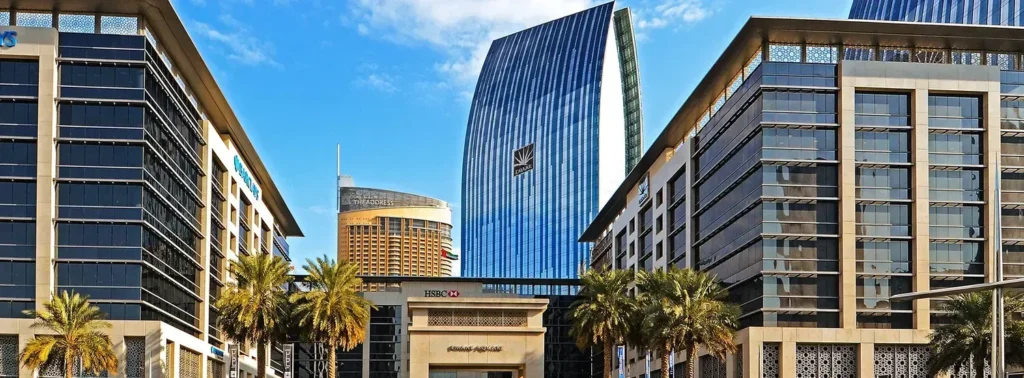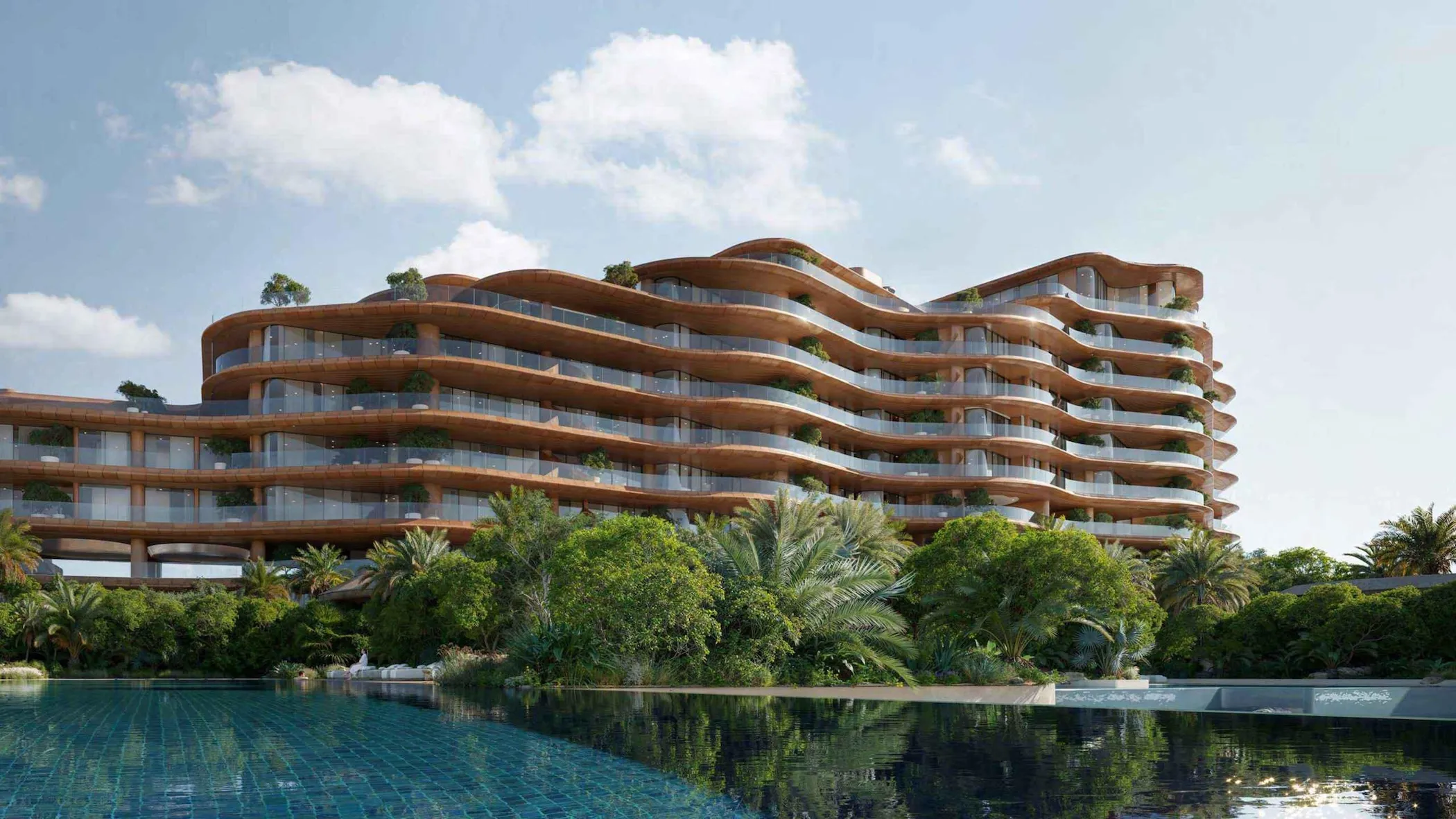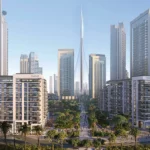Now Reading: Dubai Real Estate Developers Win Big with In-House Model
-
01
Dubai Real Estate Developers Win Big with In-House Model
Dubai Real Estate Developers Win Big with In-House Model

Dubai real estate developers are making a bold move that is changing the industry forever. Instead of outsourcing design, construction, sales, or property management, many of Dubai’s top developers are choosing to do everything in-house. This hidden strategy is one of the key drivers behind the city’s ongoing property boom.
From controlling costs to ensuring quality, the in-house approach is giving developers a competitive edge. It is also fueling Dubai’s reputation as one of the fastest-growing and most innovative property markets in the world. But why are they adopting this strategy now, and how is it reshaping the real estate industry? Let us take a closer look.
Why Dubai Real Estate Developers are Going In-House
The traditional real estate model often relies on multiple third-party contractors and service providers. This comes with risks, delays, and communication gaps. Dubai real estate developers have recognized these challenges and responded by internalizing every step of the process.
Here are the key reasons behind this shift:
• Cost control – Developers reduce dependency on external parties and keep budgets predictable.
• Faster delivery – In-house teams eliminate delays caused by misaligned contractors.
• Higher quality – Developers set their own quality benchmarks without compromise.
• Investor confidence – Buyers trust brands that manage everything under one roof.
This model not only protects developers from market risks but also enhances their credibility with international investors who value reliability.
The In-House Advantage
Dubai real estate developers have always aimed to stand out. In a competitive market filled with landmark projects, the in-house strategy has become a new differentiator.
Here is how it works in practice:
• Design and Architecture – In-house teams ensure projects align with brand identity and customer preferences.
• Construction and Engineering – Developers can monitor progress in real time, reducing risks of delays.
• Sales and Marketing – Internal sales teams build stronger relationships with investors and end-users.
• Property Management – Offering post-sale services creates long-term trust and loyalty.
By covering every stage, developers not only create real estate projects but also shape customer experiences from start to finish.
Case Studies of Leading Dubai Real Estate Developers
Several of Dubai’s largest property companies have already adopted the in-house approach.
• Emaar Properties – From design to hospitality and community management, Emaar controls every element of its developments.
• DAMAC Properties – Known for luxury projects, DAMAC keeps sales and marketing internal to maintain brand exclusivity.
• Sobha Realty – With an emphasis on quality, Sobha is one of the few developers that directly manages construction to meet world-class standards.
These companies are proving that an in-house approach is not just efficient but also profitable. Their projects are selling faster, attracting global buyers, and achieving higher returns on investment.
Investor Benefits from In-House Models

For investors and buyers, this strategy has clear advantages. When Dubai real estate developers manage everything internally, it minimizes risk.
• Projects are delivered on time and within budget.
• Investors deal with one brand instead of multiple contractors.
• Maintenance and after-sales services are smoother and more reliable.
• The reputation of the developer directly reflects the quality of the property.
This has become especially important for international investors who may not be physically present to monitor their investments.
How In-House Strategies Boost Dubai’s Market Growth
Dubai’s property market is expanding at a pace unmatched by most global cities. The in-house strategy plays a direct role in this growth.
• Efficiency – Projects are delivered faster, which keeps supply meeting demand.
• Reputation – Developers strengthen their global image by guaranteeing quality.
• Innovation – Internal teams are more flexible and can experiment with new designs and technologies.
• Customer trust – Buyers are more confident when dealing with developers who have full control.
Together, these factors explain why Dubai has become a magnet for high-net-worth investors, families, and global businesses looking for prime real estate.
Challenges of Going Fully In-House
Of course, doing everything in-house comes with challenges. Not every developer has the resources or scale to implement this model successfully.
• Higher upfront investment – Building large internal teams requires significant capital.
• Management complexity – Running diverse operations under one umbrella is challenging.
• Talent retention – Skilled professionals in construction, design, and property management are in high demand.
Still, leading Dubai real estate developers are showing that the benefits outweigh the risks. For them, the strategy is both sustainable and profitable.
Global Comparisons: How Dubai is Different
While in-house strategies exist in other markets, Dubai has embraced it with more intensity. In cities like London or New York, developers often rely heavily on external contractors due to regulatory and structural complexities.
Dubai, however, has the flexibility to innovate and adapt quickly. Its government policies, business-friendly environment, and competitive spirit allow developers to control projects from start to finish without bureaucratic slowdowns.
This makes Dubai not just a local leader but also a global example of how the real estate industry can evolve.
The Future of In-House Development in Dubai
Looking ahead, the in-house model is likely to expand further. As competition grows, more developers will follow this path to differentiate themselves.
We may also see advancements such as:
• In-house technology divisions focusing on smart homes and PropTech
• Dedicated sustainability teams ensuring green and eco-friendly designs
• Lifestyle management services integrated directly with residential projects
These steps will solidify Dubai’s reputation as a leader in luxury, innovation, and efficiency in real estate.
Expert Views on the Strategy
Industry experts agree that in-house development is a game-changer. Some describe it as the “secret weapon” behind Dubai’s property boom. Others see it as the only way developers can maintain global competitiveness in a crowded market.
Analysts predict that within the next decade, most top-tier Dubai real estate developers will have fully in-house models, while smaller developers will likely adopt hybrid approaches.
Final Thoughts
Dubai real estate developers are rewriting the rules of property development. By doing everything in-house, they are not only delivering projects faster and with higher quality but also creating trust and stability in a competitive market.
This strategy has fueled investor confidence, attracted global attention, and set Dubai apart from other international real estate hubs.
While challenges remain, the in-house model appears to be the hidden force powering Dubai’s real estate surge. For investors, buyers, and the industry at large, this approach signals a future where efficiency, reliability, and exclusivity define success.
Do follow us : Instagram
Read More -Dubai to Launch 73,000 Homes in 2025 See Where the Big Money Is Going!






















